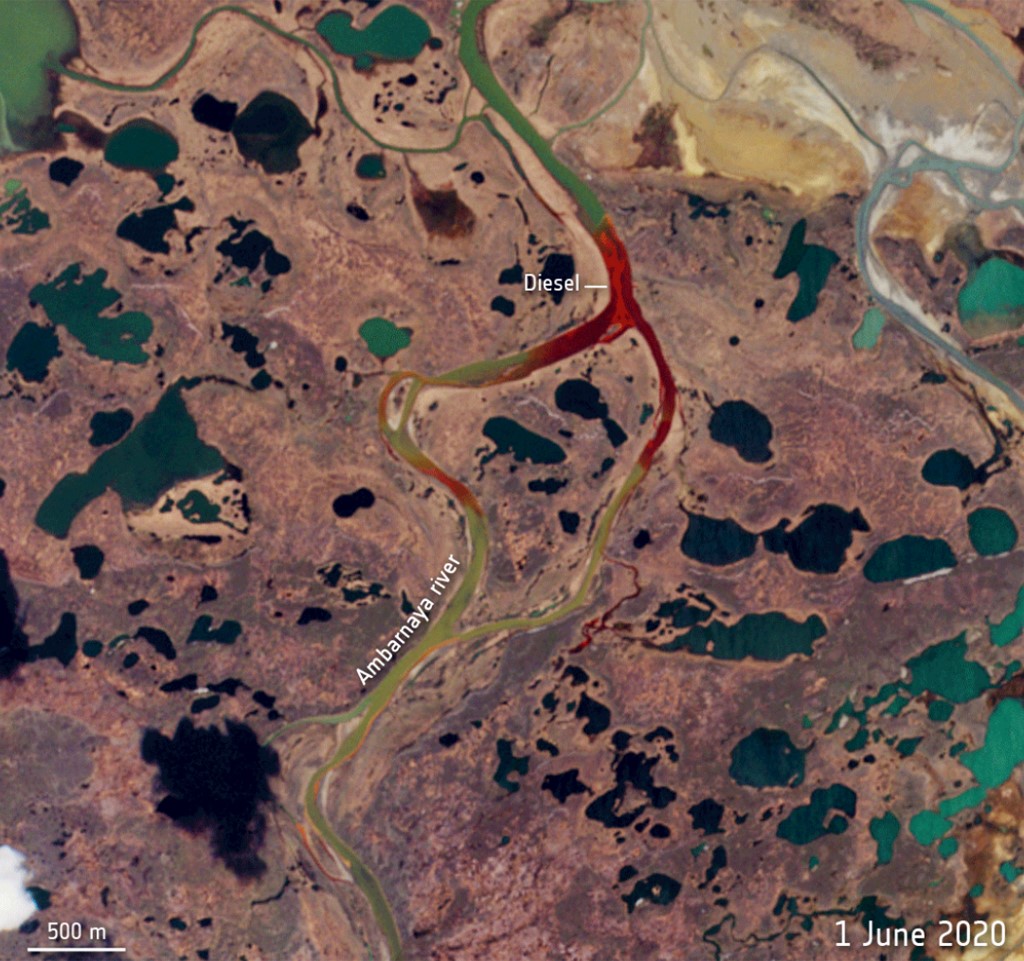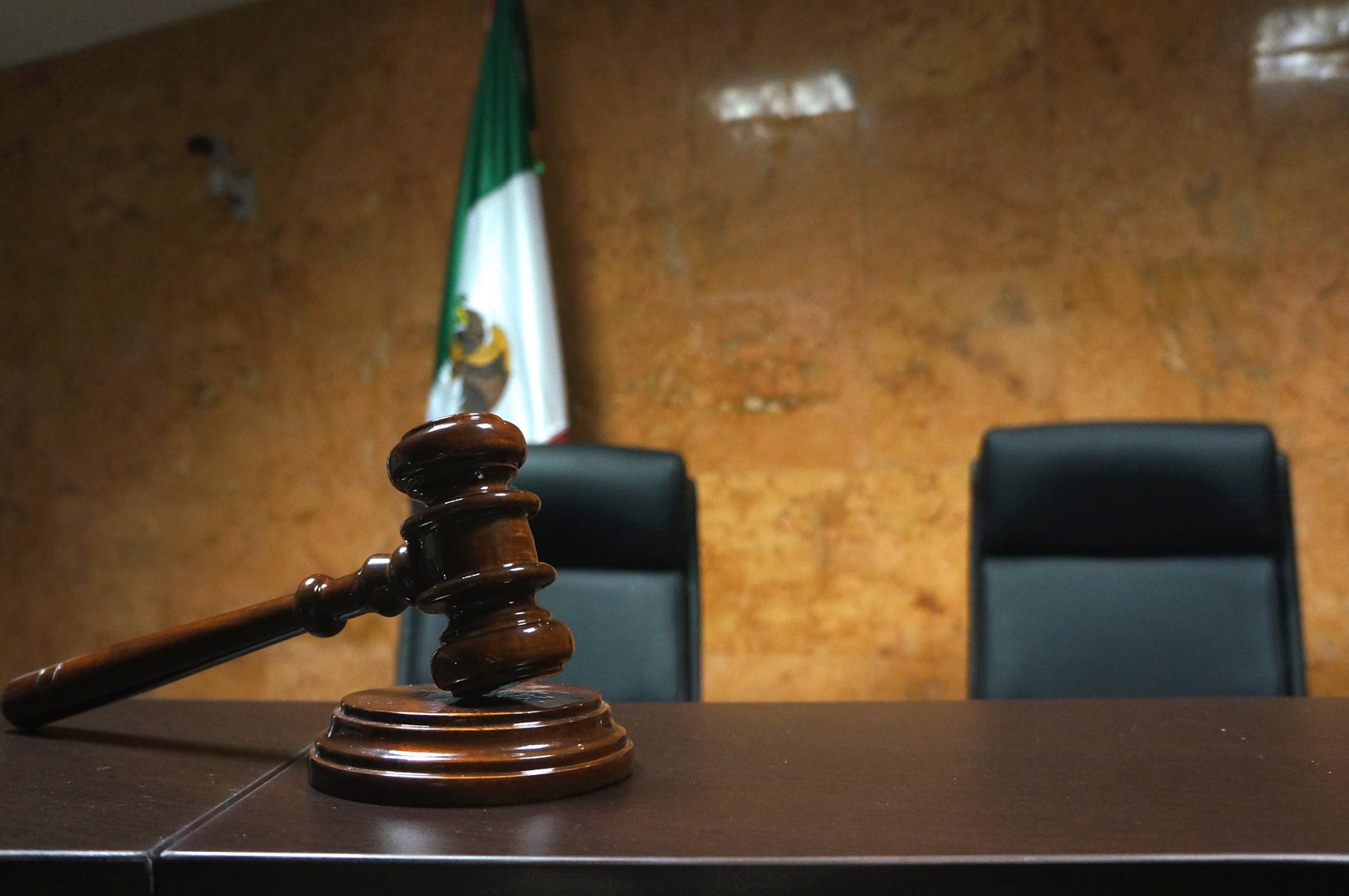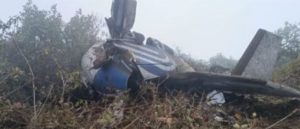El gobierno ruso indicó este 5 de junio que logró frenar el avance de más de 20,000 toneladas de hidrocarburos derramados en un río del Ártico. Esta es la peor catástrofe ecológica de este tipo en esta región y es visible desde el espacio.
De hecho, el presidente Vladimir Putin, que declaró el 3 de junio el estado de emergencia, criticó públicamente a Vladimir Potanin, riquísimo oligarca y jefe del grupo Norilsk Nickel, responsable de la catástrofe, según publica National Geographic en su página web
https://www.instagram.com/p/CA-Fv1ljDzL/?utm_source=ig_web_copy_link
“El avance de los hidrocarburos se contuvo. Ya no van a ninguna parte”. Esto fue gracias al despliegue de estructuras flotantes, declaró a la AFP un representante del ministerio ruso de Situaciones de Emergencia en la región de Krasnoyarsk, añadiendo que el bombeo de combustible había comenzado.
“Se están haciendo esfuerzos para eliminar la contaminación”, continuó esta fuente.














